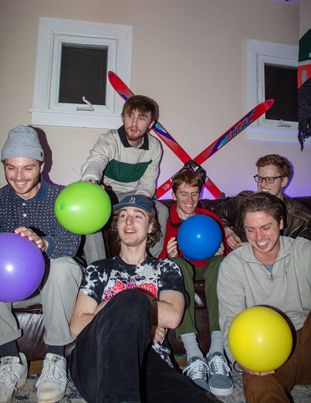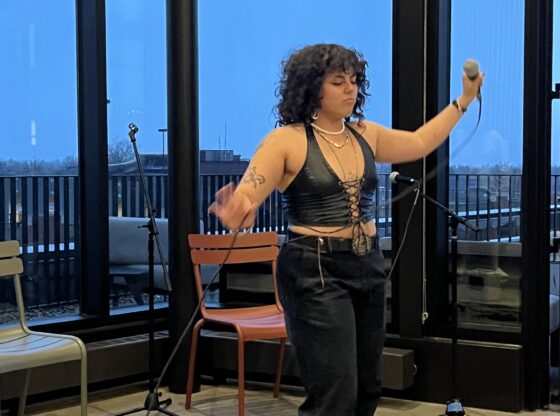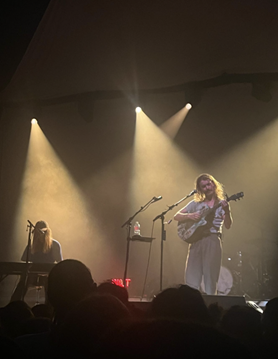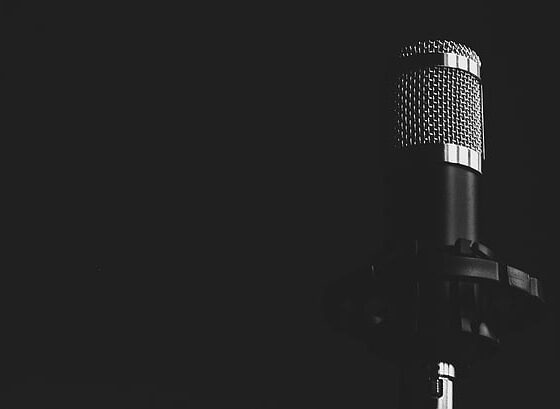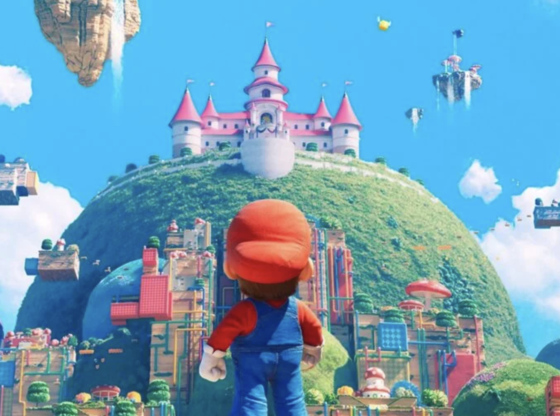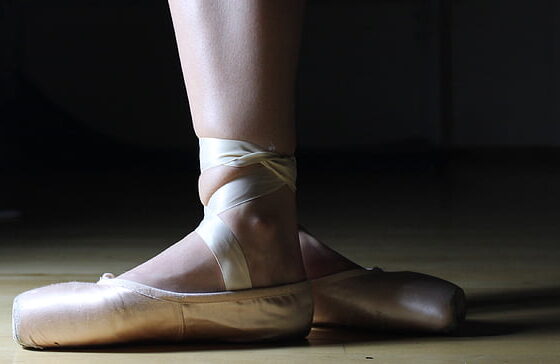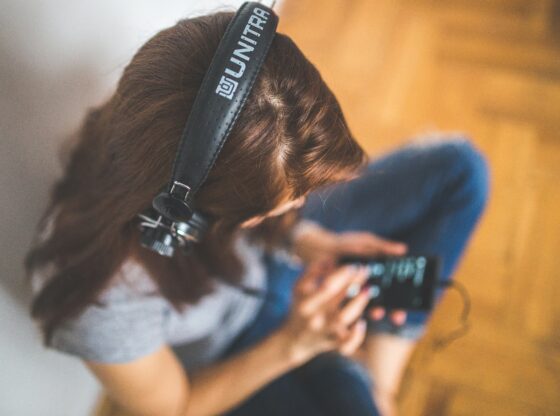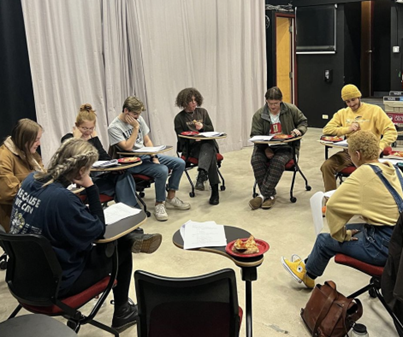“Culture is Our Weapon,” written by Amnesty International Campaigner Damian Platt and writer Patrick Neate, tells the engaging story of the harsh living conditions in Rio de Janeiro and AfroReggae, an organization attempting to save African youth through the arts.
Much of the book attempts to make the reader understand what life is like for people who live in the poverty-stricken areas of Rio known as favelas.
Favelas house around one-third of the city’s inhabitants and each one is associated with and essentially run by a certain drug trafficking faction.
The story is a haunting one that will be difficult for any middle class American to wrap his or her mind around.
The authors, Platt and Neate, clearly anticipated this, as the majority of their book is made up of interviews with people who were directly involved in drug trafficking before miraculously escaping with the help of AfroReggae. The most prominent element woven into every tale is that the favelas are war zones.
Most boys growing up see two possible futures for themselves: either earn a lot of money and respect become part of a faction or shamefully join the ranks of the corrupt police system.
The point of AfroReggae, according to its founder José Junior, is to give the people of the favelas a third option in becoming involved in different programs such as percussion groups, graffiti-style art classes, or theater troupes.
“Culture is Our Weapon” shows how AfroReggae is making great strides in Rio. The program gets children out of drug trafficking and into productive activities.
The book highlights how AfroReggae is growing and gaining publicity worldwide.
The use of Portuguese words throughout the text gives it a feeling of authenticity, even though at times it can be slightly overwhelming to remember their footnoted meanings chapters later.
“Culture is Our Weapon” tells a difficult story in as appealing a way as possible.
It is a book that manages to be heart wrenching and hopeful, academic and accessible. It will appeal to a wide range of audiences, despite its sensitive and difficult to understand subject matter. This book calls to all those who want to make a difference in people’s lives.


